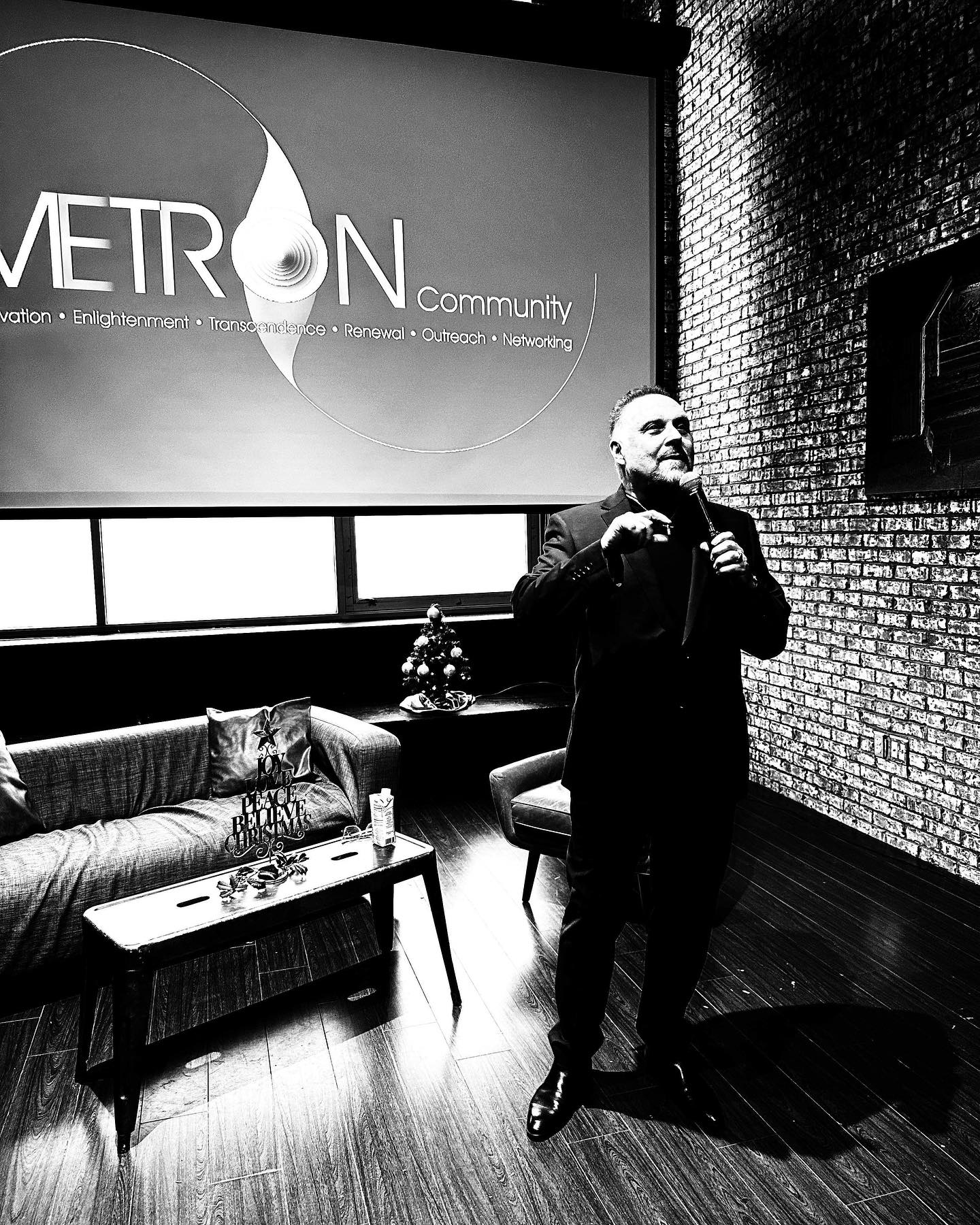
The Metron Live Experience March 24th, 2024
Podcast: Play in new window | Download
Subscribe: Apple Podcasts | RSS | More
Bishop Jim Swilley brings part 2 of his march series The Spirit Gives Life: Deactivating the letter that kills to create a new heaven and new earth.
+listen on the go, podcasts www.metronlive.blubrry.com
+website www.bishinthenow.com
+Youtube – BishInTheNow
Bishop Jim’s insightful messages help others find THEIR METRON through M~otivation E~nlightenment T~ranscendence R~enewal O~utreach and N~etworking
Join us in person each Sunday at 195 Arizona Ave NE w1, Atlanta, GA 30307
Watch the video on Facebook: Here
Watch the video on Youtube : Here
Follow Jim Swilley on Facebook to see the videos live Sundays at 11 am – https://www.youtube.com/bishinthenow
Notes by AI transcribed and summarized from the recorded audio.
Exploring the Intersection of Religion, Politics, and Personal Beliefs Through Anecdotes and Critiques
1. The dangers of religious fundamentalism and literalism, and the importance of compassion, understanding, and democracy in addressing complex social issues.
- 🌍 The speaker discusses the complexities of religious interpretations and their impact on global conflicts, highlighting the absurdity of religious fundamentalism through references to George Carlin and Bill Maher.
- 🕊 The historical and religious roots of the Israel-Palestine conflict are explored, emphasizing the shared ancestry of Ishmael and Isaac and the broader implications for peace and understanding.
- 📖 The speaker critiques the literal interpretation of religious texts, arguing for a more nuanced understanding that embraces the spirit rather than the letter of the law to avoid divisiveness and conflict.
- 💇 A personal anecdote is shared about the absurdity of strict religious rules regarding appearance, illustrating the speaker’s broader point about the dangers of fundamentalism and literalism.
- 🗽 The speaker advocates for democracy over theocracy, arguing that democracy is more aligned with God’s intentions by promoting inclusivity and freedom, as opposed to the divisiveness of theocratic rule.
- 🤰 The speaker addresses the issue of abortion from a compassionate perspective, emphasizing the importance of personal choice and the complexity of individual circumstances over rigid dogma.
2. The dynamic nature of faith and the importance of an open, questioning approach to spirituality and scripture.
- 📖 The speaker discusses the dynamic and non-static nature of scripture, emphasizing the importance of acting on beliefs, particularly in the context of making peace, even when it’s challenging.
- 🕊 The speaker reflects on personal experiences of attempting to make peace with others, highlighting the complexity and sometimes the impossibility of reconciliation, and the importance of making peace with oneself.
- 💨 A discussion on the interpretation of scripture and the role of the spirit in giving life, contrasting the letter of the law with the spirit’s vivifying power.
- 🛐 The speaker critiques rigid orthodoxy and fundamentalism, advocating for a faith held in love and service, open to doubt and being led by God rather than clinging to certainty.
- 👨 Personal anecdotes are shared to illustrate the speaker’s journey of faith, including challenges with family and congregational expectations, and the evolution of their preaching style.
- 🌍 The speaker addresses the challenges of navigating racial and cultural dynamics within their ministry, emphasizing the importance of understanding and respecting diversity.
- ❓ Reflections on the nature of knowledge and belief, including the value of admitting uncertainty and the personal impact of Jesus’ healing, are shared to encourage a more open and inquisitive faith.
- 📑 The speaker discusses the administrative and bureaucratic challenges involved in caring for a family member, using it as a metaphor for the complexities of life and faith.
- 🎓 A critique of the educational system and personal anecdotes about learning and teaching highlight the importance of critical thinking and genuine understanding over rote memorization.
- 🔍 The speaker explores the concept of deconstruction in faith, distinguishing it from destruction and emphasizing its role in understanding and engaging with scripture.
3. The interplay between personal spirituality and traditional religious beliefs, emphasizing inclusivity, understanding, and the importance of both scripture and personal interpretation.
- 📖 The speaker expresses appreciation for quotes and statements that resonate with them, highlighting the ability to support these with scripture references.
- ✨ The speaker discusses their experience with meditation, emphasizing the importance of visualization and emotional connection, inspired by Joe Dispenza.
- 🙏 Identifying with various spiritual and religious labels, the speaker embraces being multifaceted in their beliefs, including New Age, Pentecostal, and Word of Faith.
- 😂 The speaker reflects on the concept of being ‘every woman’ and the inclusivity of different spiritual paths, using a humorous repetition to emphasize their point.
- 📝 A discussion on fundamentalism versus a more inclusive approach to spirituality, highlighting the importance of understanding and respecting diverse beliefs.
- 👨 The speaker shares a personal anecdote about family dynamics and the influence of respected opinions, illustrating the impact of personal relationships on belief systems.
- 💬 The speaker advocates for a balance between the letter (scripture) and the spirit (interpretation), emphasizing the importance of flexibility and understanding in faith.
- 🎸 A humorous story is shared about a misunderstanding in a record store, illustrating the speaker’s point that outward appearances do not always reflect one’s faith or beliefs.
- 🔮 The speaker discusses the concept of deconstruction in theology, emphasizing the importance of context and cultural understanding in interpreting texts.
- 🎨 Using a provocative artwork of Jesus and a modern-day ‘harlot’, the speaker challenges traditional perceptions and invites a more compassionate and inclusive understanding of scripture.
4. Compassion and Understanding Over Judgment
- 👩 The speaker discusses the judgmental attitudes towards a woman’s appearance and actions, emphasizing the importance of understanding and compassion over strict adherence to societal norms.
- ✝ Jesus’s interactions with individuals are highlighted to demonstrate his prioritization of personal experience and forgiveness over rigid interpretation of religious laws.
- 📖 The speaker critiques modern Christianity and other ideologies for their obsession with literal interpretations, which can lead to exclusion and conflict.
- 🕊 A call for a more inclusive and understanding approach to spirituality is made, suggesting that happiness and holiness are interconnected.
- 🌍 The speaker addresses societal issues like racism, gender identity, and homelessness, urging for empathy and recognition of individual experiences.
- ⚖ The importance of separating church and state is emphasized, advocating for a society where personal freedoms are respected and cherished.



